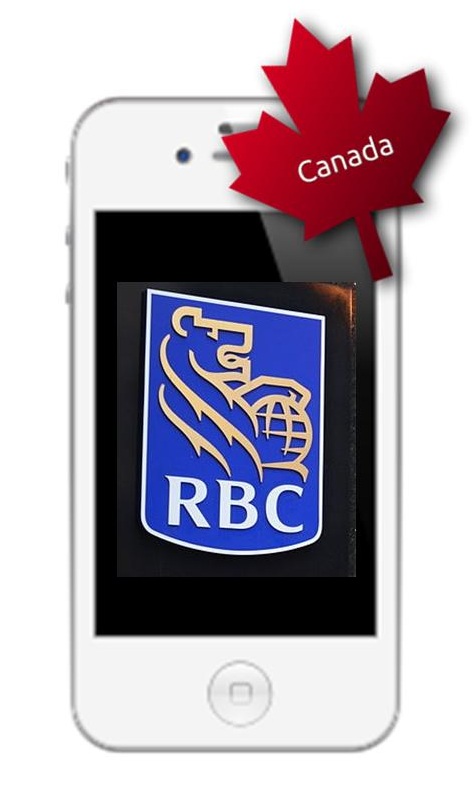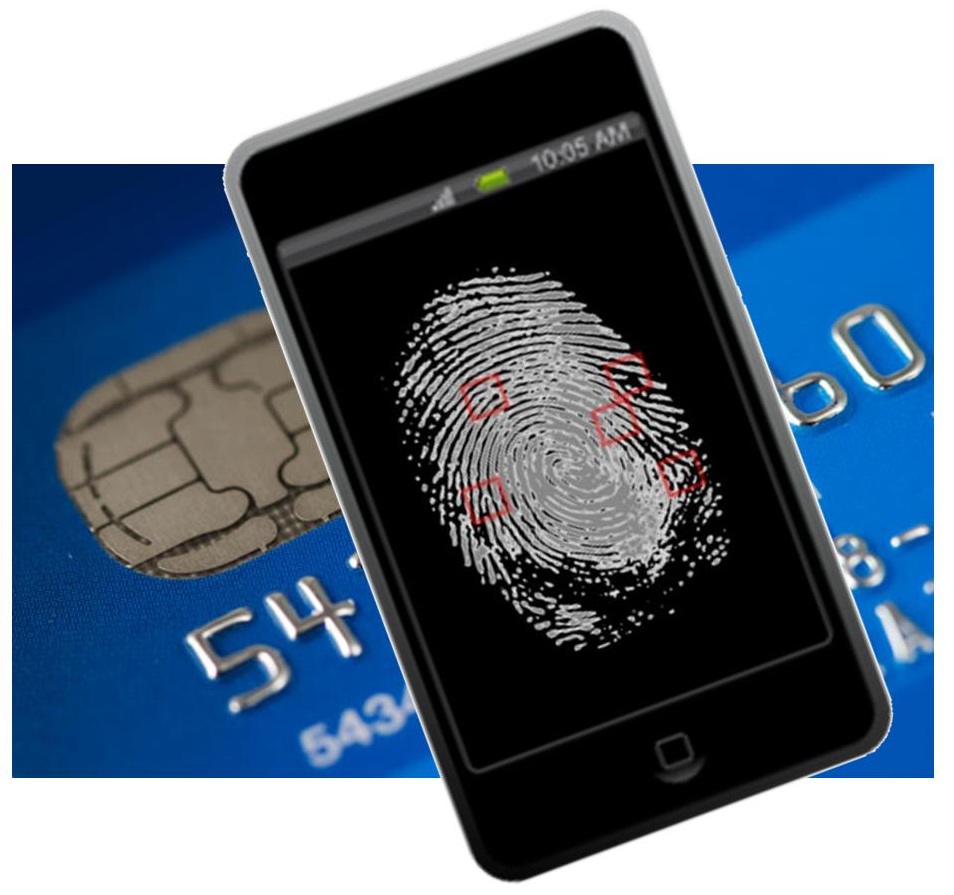 Financial institutions becoming more invested in mobile payments
Financial institutions becoming more invested in mobile payments
Financial institutions all over the world are becoming more interested in the concept of mobile payments. As consumers become more reliant on their smartphones and tablets, they are looking for new, more convenient ways to make purchases. Nearly everything that consumers do these days has some tie to the mobile world, making it more important for companies, like financial institutions, to cater to the demands of mobile consumers in order to remain relevant in a world that is changing around them.
Royal Bank of Canada takes a swing at mobile commerce
The Royal Bank of Canada has become one of the latest major financial institutions to begin embracing mobile payments. The organization has announced its entry into the mobile commerce arena this week with the demonstration of a new touch-free transaction system designed for smartphones. The system, which is linked to a new application call Interac, makes use of NFC technology to allow consumers to purchase goods and services. The use of NFC technology allows a smartphone to be used as a payment platform without having to make actual physical contact with anything, as the technology transmits data over a short distance.
NFC continues to worry consumers
NFC technology has been a staple in mobile payments for some time, but many consumers are becoming increasingly wary of the technology. NFC has been linked to several security risks in the past and can be exploited to gain access to a consumer’s financial information. A growing number of companies interested in mobile commerce are choosing to forgo NFC in favor of simple mobile payments applications or, in some cases, the use of QR codes to activate mobile transactions.
Security may not be a problem with Interac application
The Royal Bank of Canada has taken note of the security concerns that consumers have in regards to their financial information and NFC technology. Interac features numerous security measures that are closely tied to the financial institution’s own security systems. The application is considered safe enough to use for mobile payments and if the Royal Bank of Canada can placate the fears of consumers, it may be able to beat out the competition it has in the Canadian mobile commerce sector.

 Security becoming a more serious concern as mobile payments grow in popularity
Security becoming a more serious concern as mobile payments grow in popularity